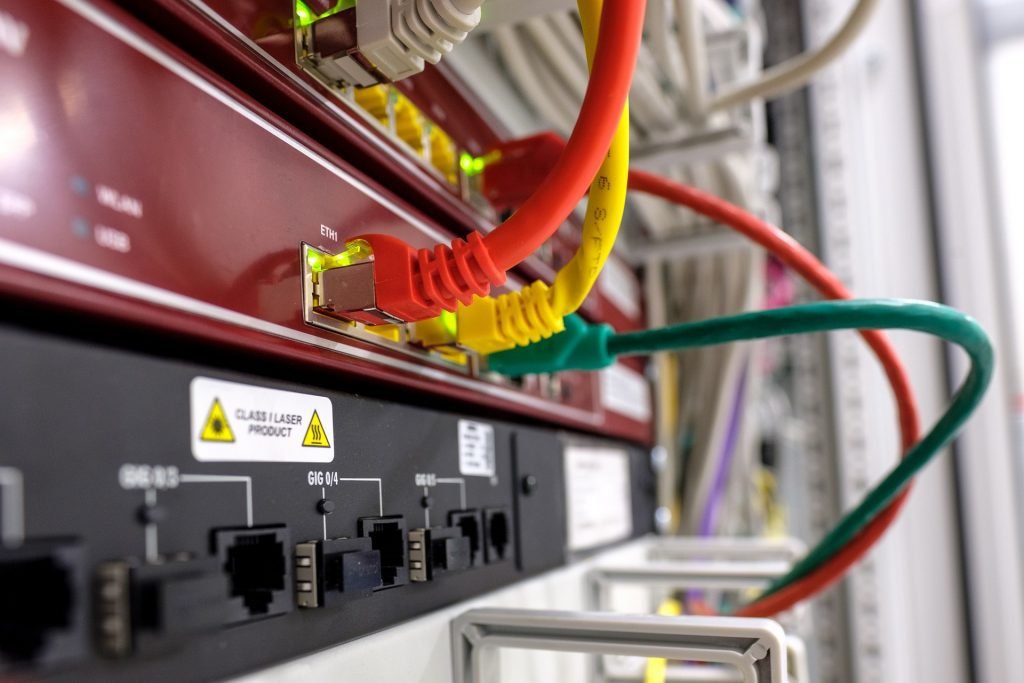Network Security for small businesses
As a small business owner, you want to ensure the safety of your company’s sensitive information, financial records, and customer data. Network security is vital to achieving this goal. With the rise in cybercrime and data breaches, it is crucial to have a strong network security system in place. In this blog post, we’ll share ten tips to help you enhance your small business’s network security.
Use a Firewall
A firewall is your first line of defense against hackers and makes up the initial layer of network security. It acts as a barrier that prevents unauthorized access to your network. A firewall can be a hardware device, software program, or a combination of both. It analyzes incoming and outgoing traffic to determine whether it’s safe or not.

Keep Software Up-to-Date
Ensure that all software on your computers and servers, including operating systems, antivirus programs, and web browsers, is updated to the latest version. Most software updates include security patches that address vulnerabilities that hackers can exploit.
Strong Passwords
Make sure all employees use strong passwords that are at least 8-10 characters long and include a combination of letters, numbers, and special characters. You can also use two-factor authentication to enhance security.
Limit Access
Only allow employees who need access to sensitive information to have access to it. Restricting access helps minimize the chances of a security breach. Use role-based access control to limit access to certain parts of your network.
Regular Backups
Make sure to backup all important data regularly. In case of a security breach or a disaster, backups help you recover lost data. You can use cloud backup solutions to automate this process.
Educate Employees
Educate your employees about security best practices such as not clicking on suspicious links or downloading attachments from unknown sources. Provide regular training sessions to ensure they stay up-to-date with the latest security threats.
Use VPNs
A Virtual Private Network (VPN) encrypts your internet traffic, preventing hackers from intercepting your data. If your employees work remotely, make sure they use a VPN to access the company network.
Monitor Network Activity
Monitor network activity regularly to detect any suspicious behavior. You can use software tools that track network traffic and log activity. Look for anomalies in network traffic, such as large amounts of data being transferred or unknown devices connected to the network.

Secure Wi-Fi Networks
Make sure your Wi-Fi networks are secured with strong passwords and encryption. Don’t use default passwords, and change them regularly. If possible, use WPA2 or WPA3 encryption protocols.
Conduct Security Audits
Conduct security audits regularly to identify vulnerabilities and address them promptly. You can hire a professional security firm to conduct an audit, or you can do it yourself using security software tools.
Conclusion
Small businesses are just as vulnerable to cyber attacks as larger organisations. It’s crucial to have a robust network security system in place to protect your company’s sensitive information, financial records, and customer data. By following these ten tips, you can enhance the security of your network and protect your business from potential security threats.















